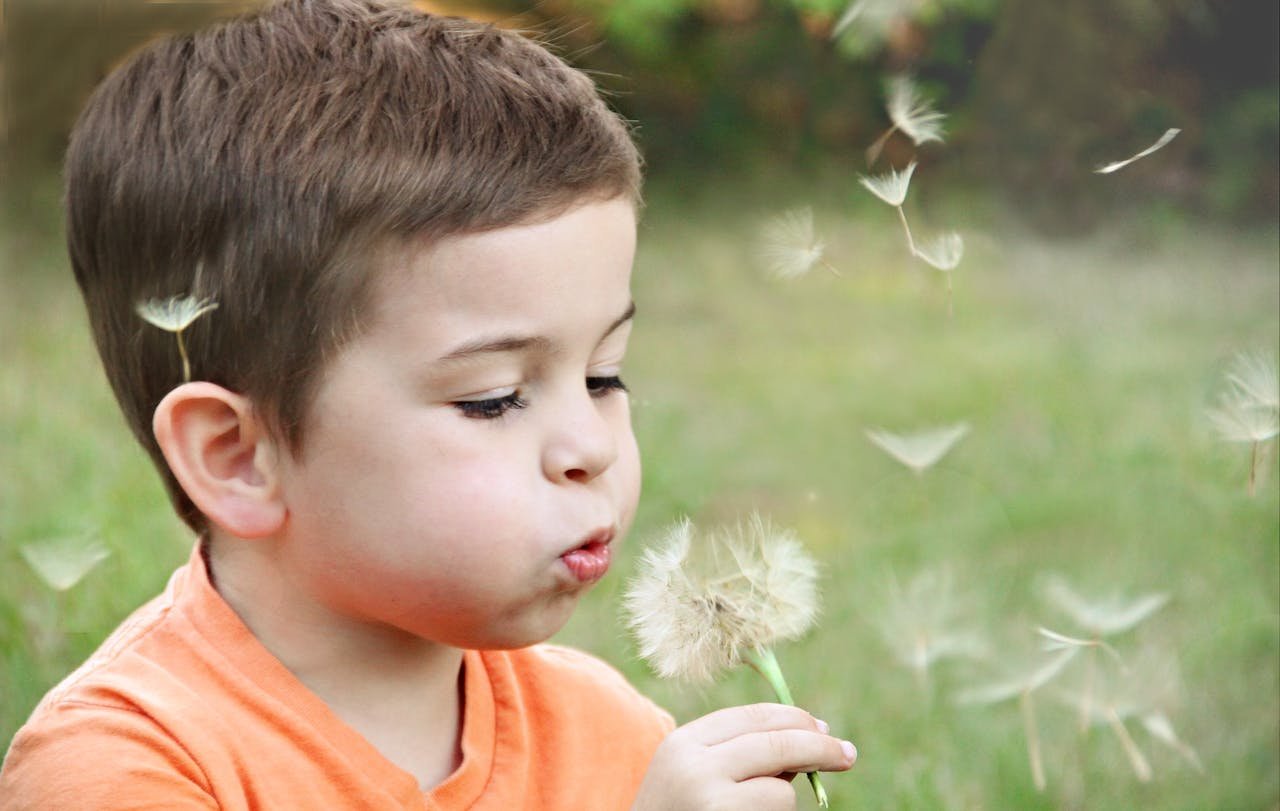
Educating The Whole Child
It is ridiculous to think that a teacher or parent can educate just a part of the child, but that is the traditional approach, with each subject taught separately, relying solely on books, pen and paper. I hesitate to use terms like Holistic Education or Whole Child, because these terms are embraced by educational businesses (such as tutoring agencies), and by the Common Core Curriculum, both examples of non-holistic education.
The "whole child" view implies that the whole child is influenced by everything, and interacts with everything, with the whole world. In turn, the whole world is interacting with the child. Our children are aware of far more than they can express, and they are learning all the time. Taking this view, I can never fully plan what a student will learn. My understanding of their learning happens in hindsight, as I watch their development and reflect on the experience. Most often the child reaches for or receives something unplanned. The nature of this learning can be social, linguistic, creative, physical, mental or logical, or all of the above. It is impossible to plan or foresee this, because each child is different and each situation unfolds unpredictably.